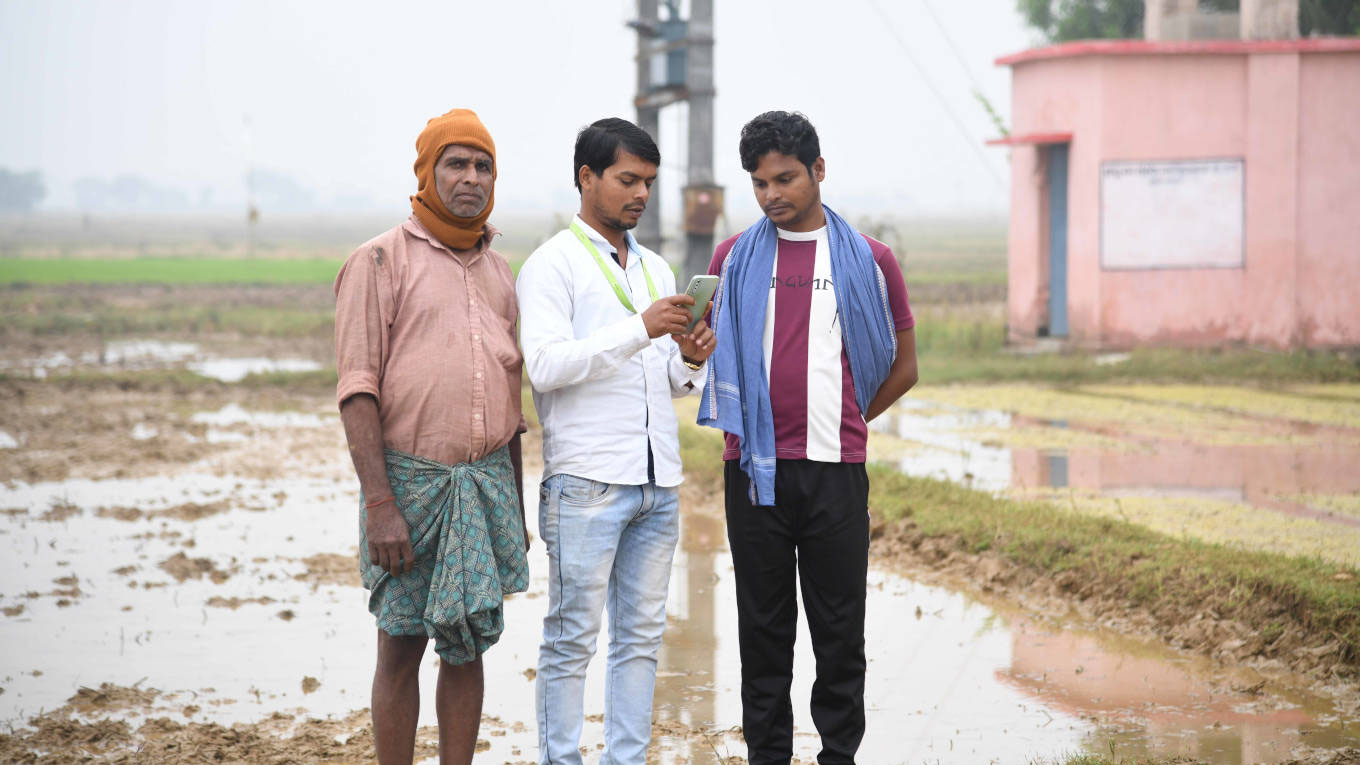Sanjay Mansabdar, founder and CEO of agri fintech Dvara E-Registry (DER) has reasons to be happy after raising Pre-Series A funding recently and charting the growth of this financial inclusion-focused start-up to its next phase. The total investment that DER has raised so far is $2.5 million. “To empower every stakeholder in the agri value-chain we require an integrated universally accessible platform that informs, creates linkages, and generates productivity for all. DER is doing just that. We support their mission to identify and bridge critical gaps in the agri ecosystem so no farmer falls through the cracks,” observes Jinesh Shah, managing partner of Omnivore. It all started in 2019, when this Hyderabad-based E-registry company made waves as it started providing accessible financial and agri services to smallholder farmers in rural India. The start-up was founded as an SBU (Special Business Unit) by Dvara Trust (formerly IMFR Trust), which works with a mission to ensure that every individual and every enterprise has complete access to financial services. Dvara E-Registry offers holistic solutions for both the supply and demand side in financial services for farmers. For agricultural credit, the services offered include identification of land, land and crop analytics, credit underwriting data, cultivation area estimation and yield estimation. On the demand side, Dvara's digital solutions help the farmer produce organisations (FPOs) to connect with farmers using technology and analytics using GIS, mobile and cloud technologies. This provides precise data points to FPOs and farmers, enabling them to take profitable business decisions. These decisions include linking input and output markets, providing advisory services and much more. In addition, Dvara E-Registry provides a digital platform that enables different stakeholders in the agri-value chain, especially smallholder farmers, to access financial products and agricultural markets. Financial institutions rely on their existing workforce and in-house data to assess the creditworthiness of farmers. Deployment of field staff by financial institutions (FIs) to collect data is expensive and unscalable in the Indian context. Efforts such as the Kisan Credit Card (KCC) and the Joint Liability Group (JLG) model have attempted to assist farmers in meeting their credit needs. Still, most FIs are not equipped with the correct tools to carry out a thorough risk assessment, particularly of business risks pertaining to agriculture. “By harnessing a variety of technologies like mobile and GIS and the power of machine learning, e-registry makes the process of participating in the mainstream financial and non-financial marketplaces seamless and enables customisation of products,” explains Mansabdar, who has a team of experts from business, financial markets, agronomy and technology. Mansabdar is an alumnus of IIT and XLRI. He is currently pursuing a PhD in economics and finance from BITS-Pilani. He has over 25 years of experience across financial markets, venture capital, AI, consulting and education. “Even as the pandemic disrupted life for the last 18 months, Dvara E-Registry has impacted over 25,000 farmers in eight states through farmer produce organisations (FPOs) by empowering FPOs, farmers and the agricultural value chain through community mobilisation by integrating fit for purpose technologies including mobile, GIS, cloud, remote sensing and AI. We also have tie-ups with numerous agri input and output companies that connect farmers and FPOs to the best processors, buyers and trading platforms (spot and future) ensuring access to relevant agri-inputs at the best prices to maximise productivity and minimise crop losses,” says Mansabdar.
-

Dvara aims to solve farmers’ problems with the help of technology


































